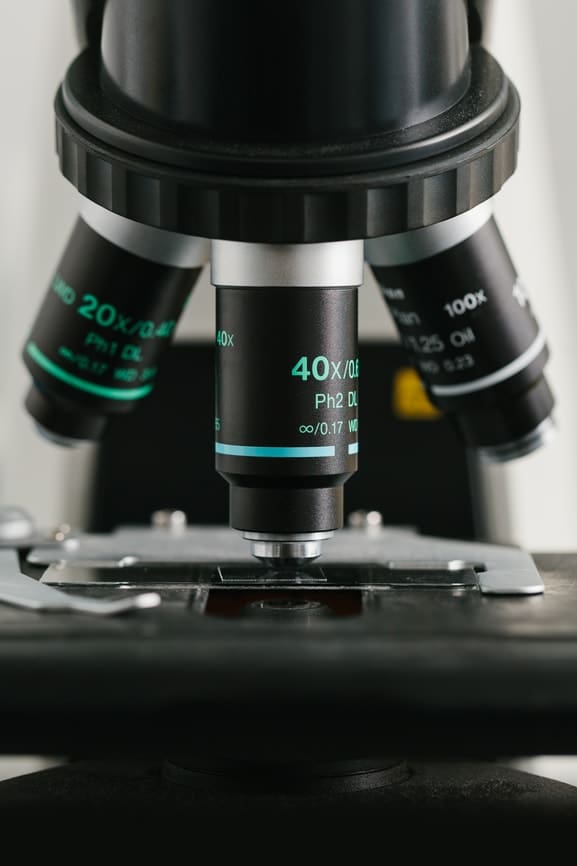OUR FOUNDING PHILOSOPHY
Why Uniqueness Matters
Knowledge of systems enables us to implement efficiency improvements in a healthcare context.
Immersion in healthcare gives us the awareness to know that a software solution on its own is not enough.
Each aspect complements the other, affording us x-ray insight in both domains.
Arrange A Consultation Learn More

